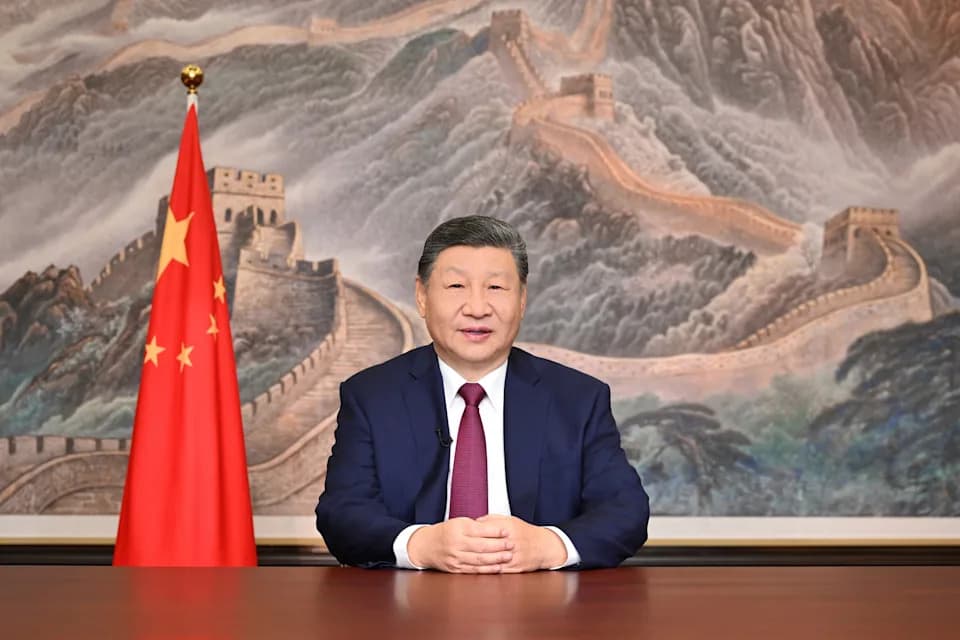Chinese state media have urged renewed academic and legal study of the Ryukyu Islands, arguing the islands’ history and status are central to regional security and historical justice. The call follows remarks by Japan’s prime minister about possible military involvement in a Taiwan Strait conflict, which Beijing condemned. Chinese commentators cite wartime treaties and declarations to question post‑war arrangements and press Japan to address Okinawa’s history and indigenous concerns. Analysts warn the debate could harden Beijing–Tokyo tensions, though legal and diplomatic outcomes remain uncertain.
Chinese State Media Urges Renewed Research into Ryukyu History as Tensions with Japan Rise

Chinese state media have called for deeper scholarly and legal research into the history and status of the Ryukyu Islands, arguing the issue goes beyond academia and touches on regional security and historical justice. A recent editorial in the Global Times urged historians and policymakers to re-examine Ryukyu’s past and its implications for contemporary geopolitics.
Why Ryukyu matters
Located between Japan’s Kyushu and Taiwan, the Ryukyu archipelago — including Okinawa — was once the independent Ryukyu Kingdom and historically maintained tributary ties with imperial China and the Satsuma domain. Annexed by Japan in the late 19th century, the islands now occupy a strategic position near the Taiwan Strait.
Okinawa hosts tens of thousands of US troops and is considered a key part of the so-called "first island chain," a line of islands that can affect China’s access to the Pacific in a cross‑strait contingency. That strategic importance, together with Ryukyu’s historical ties and proximity to Taiwan, has made the islands a focal point in broader China–Japan tensions.
Recent diplomatic flashpoint
The renewed attention follows remarks by Japan’s prime minister, Sanae Takaichi, who on November 7 told parliament Japan might deploy its forces if a conflict broke out in the Taiwan Strait. Beijing condemned the comments as interference in China’s internal affairs and demanded a retraction; Tokyo has said the remarks were hypothetical and that its official position on Taiwan remains unchanged.
Historical and legal claims
Some Chinese commentators have revived debates about the legal status of the Ryukyu Islands, questioning post‑World War II arrangements such as the 1951 San Francisco Peace Treaty, which placed the islands under US administration, and pointing to the wartime Cairo and Potsdam declarations. Critics argue those documents delimit Japan’s territory to its four main islands — Honshu, Hokkaido, Shikoku and Kyushu — leaving Ryukyu’s status open to interpretation. These viewpoints are contested internationally and form part of a larger narrative used by some officials and media outlets to press historical arguments.
Official rhetoric and local perspectives
Official and state‑linked outlets, including a post by Changanjie Zhishi (a Beijing Daily account), have linked Japan’s Taiwan comments to broader questions about Japan’s wartime past and national direction. China’s deputy permanent representative to the UN, Sun Lei, also urged Japan to address discrimination toward Okinawans and indigenous peoples, comments that unsettled Tokyo and fed speculation about future diplomatic or legal actions regarding Okinawa.
Okinawa’s wartime experience — particularly the 1945 Battle of Okinawa, which resulted in heavy civilian and military losses — and the island’s long‑standing protests against the US military presence remain central to the local narrative. Okinawans have repeatedly expressed concerns about noise, environmental impacts, public safety and crimes involving service personnel.
Implications
Analysts say the push to study Ryukyu’s history more intensively reflects shifting regional geopolitics and an effort by Beijing to broaden the legal and historical foundations of its strategic arguments. Whether these debates will translate into concrete diplomatic, legal or policy actions remains uncertain, but the discussion has already intensified strains between Beijing and Tokyo and added a new layer to debates about regional security, sovereignty and historical memory.
Note: The views and claims cited in this article are those of the sources referenced and reflect ongoing diplomatic and historical debate rather than settled international legal judgments.
Help us improve.




























